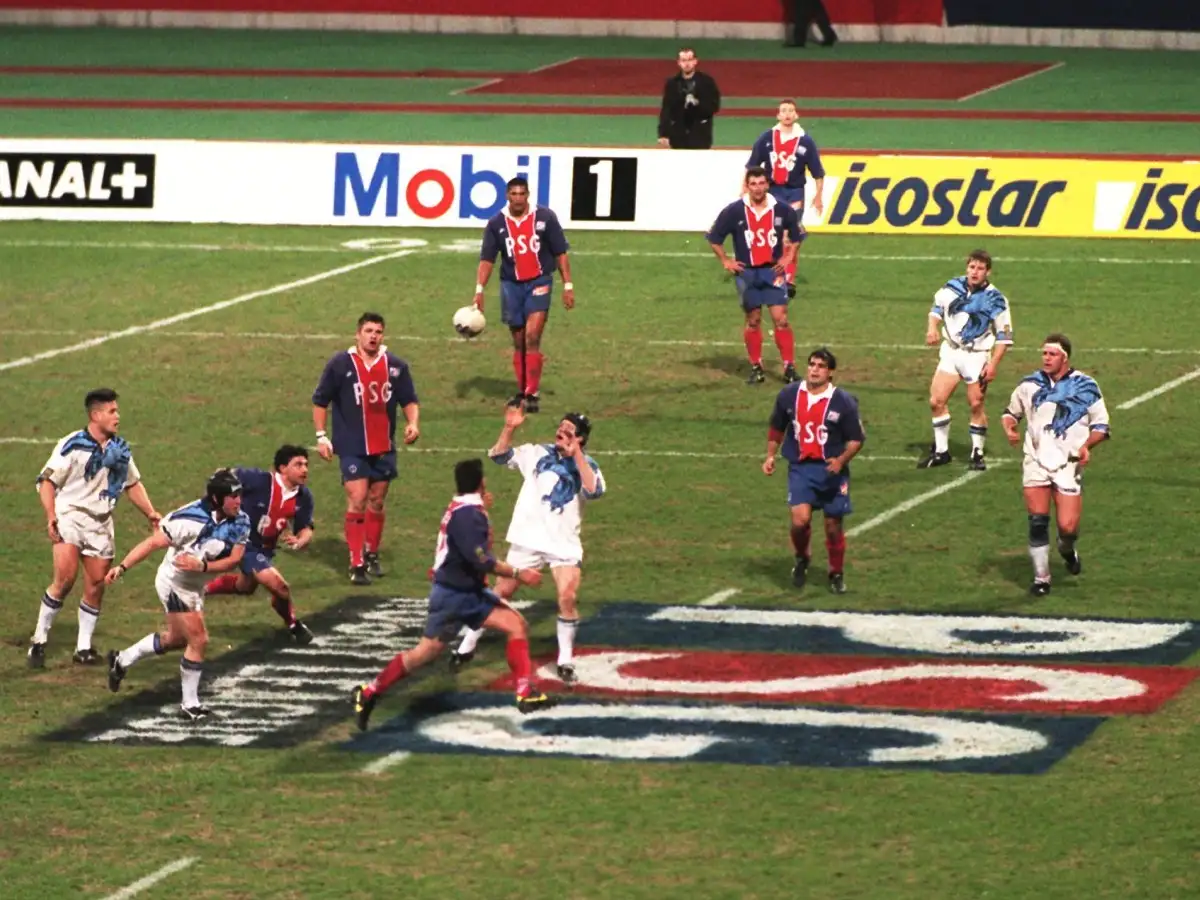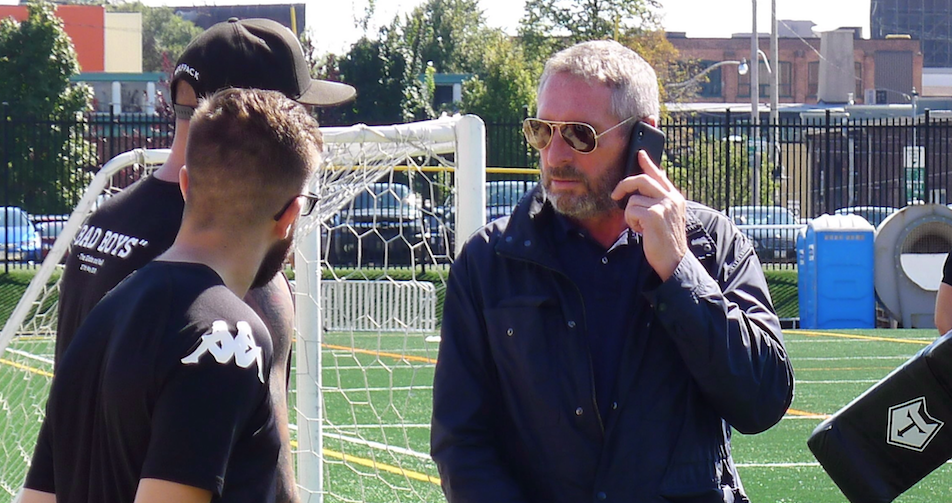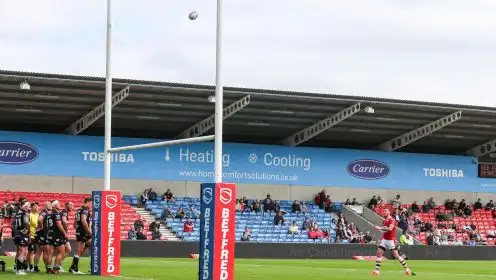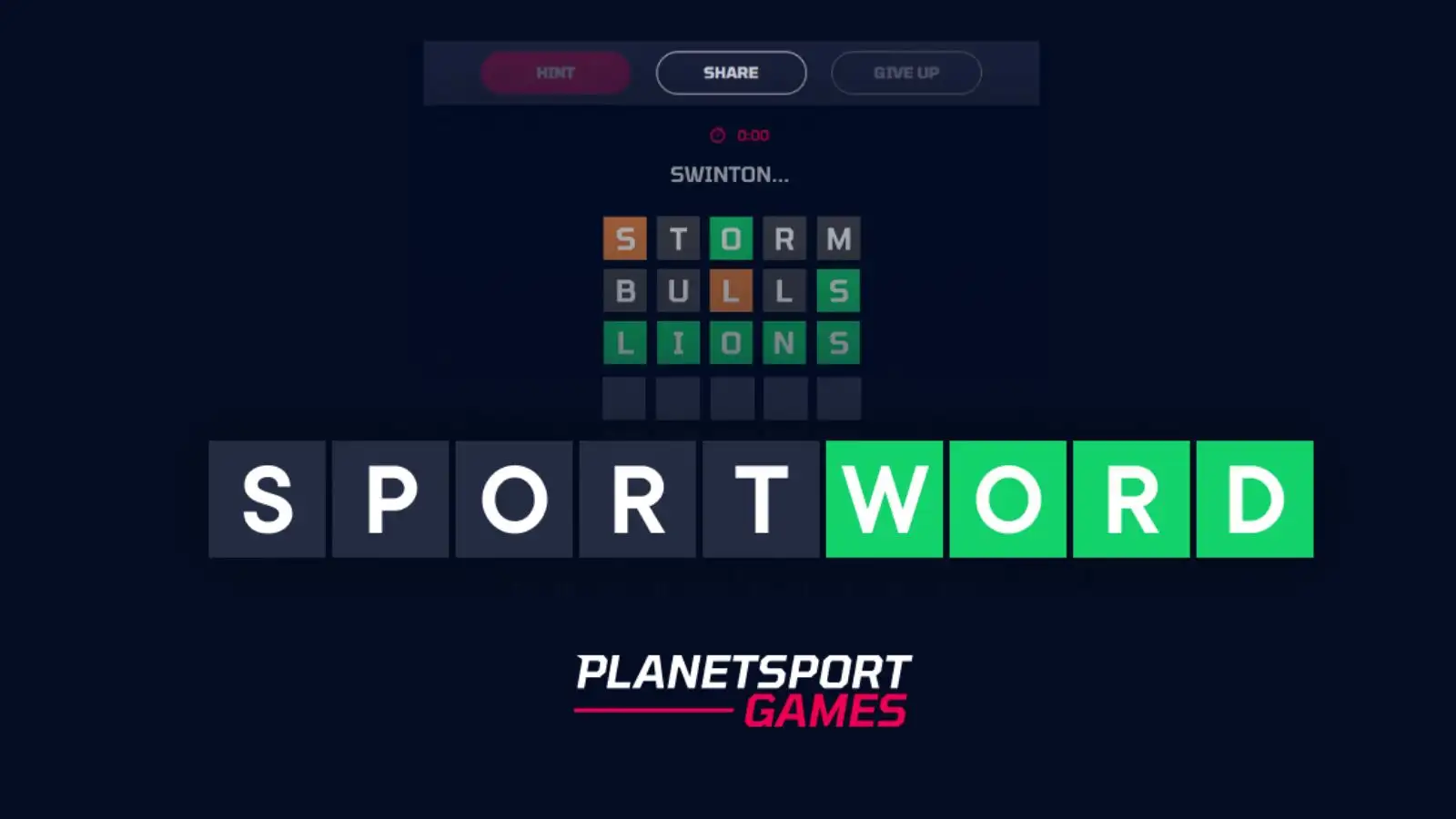Editor’s column: What we haven’t learned in hindsight from Paris

You can’t help wonder what might have been while watching the first ever Super League game between Paris Saint Germain and Sheffield Eagles.
A concept that was perhaps years ahead of its time, although it threatened the dawn of a new era for rugby league, it’s almost stuttered to a halt some 24 years later.
Paris lasted just two seasons – before the concept of a Grand Final to crown the league champions had even been introduced – managing just nine wins in their two seasons.
You can bet with a promo code on Toulouse winning this season’s Championship to become the third French team – after Paris and Catalans – to grace Super League.
Their final game came on September 7, 1997, against Salford in the Premiership Trophy.
After winning that opening game against Sheffield, they managed just two further wins in the 22 game season and just survived relegation, finishing 11th. Club president Jacques Fouroux quit, and left the club in debt.

Crowds dwindled too after the extraordinary opening, which saw nearly 18,000 at Charlety. Their drop to just a third of that, 6,327 against Oldham a fortnight later, is perhaps seen as too much of a negative – as an average around that total would have been brilliant for a team in its first season.
They did see more than 15,000 against Leeds in May, and their last game of 1996 brought in 6,152 at home to Bradford.
They almost never made it to 1997, their turbulent maiden campaign leaving them 5m francs short of budget – before eventually managing to take to the field, albeit with just three French players – Pascal Bomati, Pierre Chamorin and Fabien Devecchi.
By July, they were attracting just 500 fans to games in Paris, having averaged less than 3,500 throughout the year. A reported 6,714 watched what turned out to be their last ever home game, a 23-12 win over Oldham on August 26, 1997.
Only two players from 1996 survived for the second season – Deon Bird and Jason Sands – with the theory that supporters didn’t care who played for the team.

A total of 22 players were recruited from Down Under and this proved to be the undoing, a contract scandal coming to light in August which saw contracts denounced to the authorities. The allegations were that the Australian players (plus one Kiwi) were playing on tourist visas to avoid paying certain taxes in France.
That resulted in the sporting club PSG – of which football is at the top – disconnecting itself from the franchise, forcing it to take a game on the road to Narbonne.
At the end of the season, they were expelled from Super League due to the financial issues.
It was the first expansion failure of the new competition, and more than two decades on, it’s a problem that it still hasn’t figured out.
We still largely have the same teams, playing in the same places – it’s just on Sky TV and in the summer now. The bright lights of Super League were meant to create powerhouses through mergers, rather than having the likes of Paris and London playing against the likes of Oldham and Workington.
When that didn’t happen, it already gave PSG a mountain to climb.
The reality is that rugby league isn’t a cash rich sport, and as such, any expansion projects are dependent on the bottomless pockets of a connected individual – see David Argyle at Toronto Wolfpack.

What that’s meant is there has been no clear strategy over the years for how Super League is going to make expansion stick – see the failed efforts in Gateshead and Wales since.
People say that Paris was a huge missed opportunity for rugby league – yet it only existed because of one man’s dream and money; and that’s simply not enough, especially when he either runs out of money or runs off altogether.
People say that they should have been given more time. But just where would the £5m-£10m annual funding come from to make that happen?
Now 24 years on, we have the trail blazing Wolfpack in the league. Who knows what the future holds. But perhaps the money that the Wolfpack haven’t been afforded in central funding, as per every other Super League club, should have been put in an “expansion” pot to help future Paris’s, Gateshead’s and others, rather than being frittered away by the chosen few.
Catalans remain the beacon of expansion for Super League – though of course, their club backdates to the 1930s. If the competition can’t make further French teams work, where there is at least an existing pool of players and a reasonable travel time for clubs, then the whole premise of a European (Northern Hemisphere) Super League should be called in to question.
Watch our Last Tackle podcast, featuring a guest, every week. SUBSCRIBE to Love Rugby League on YouTube.



